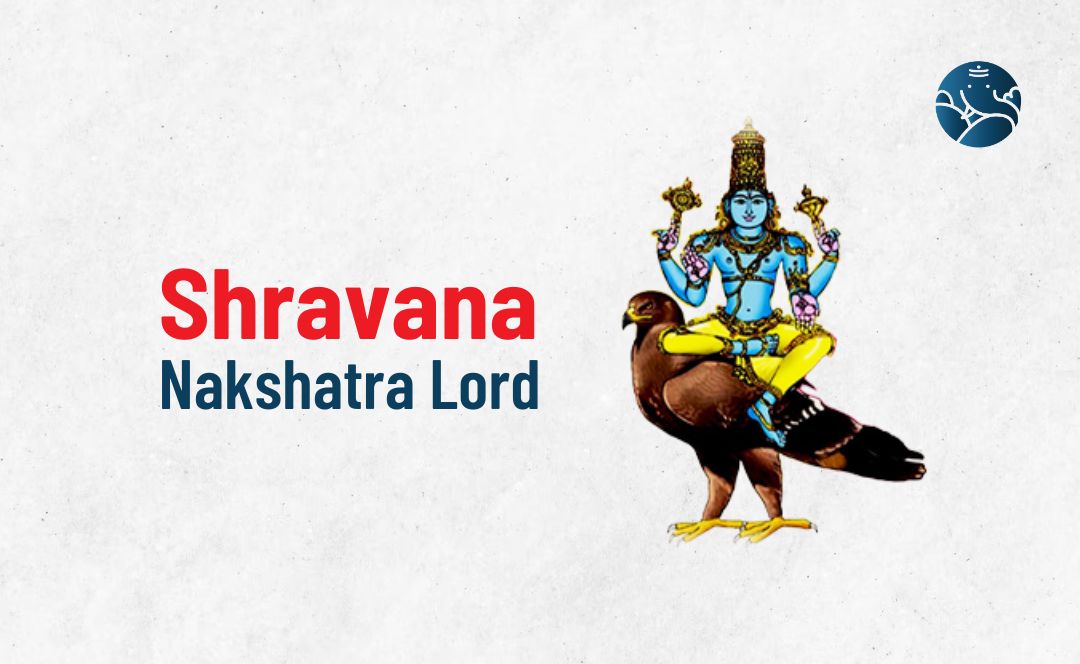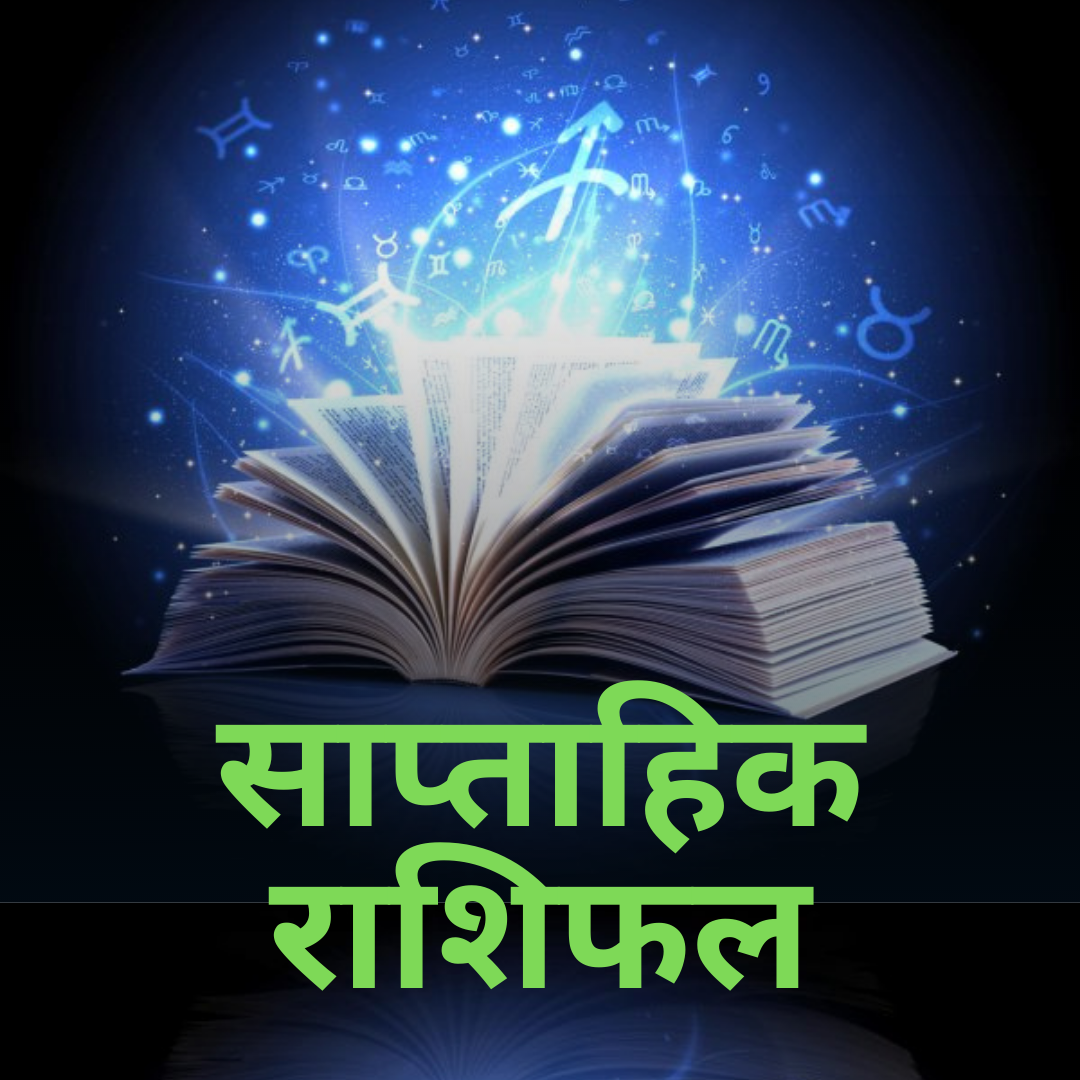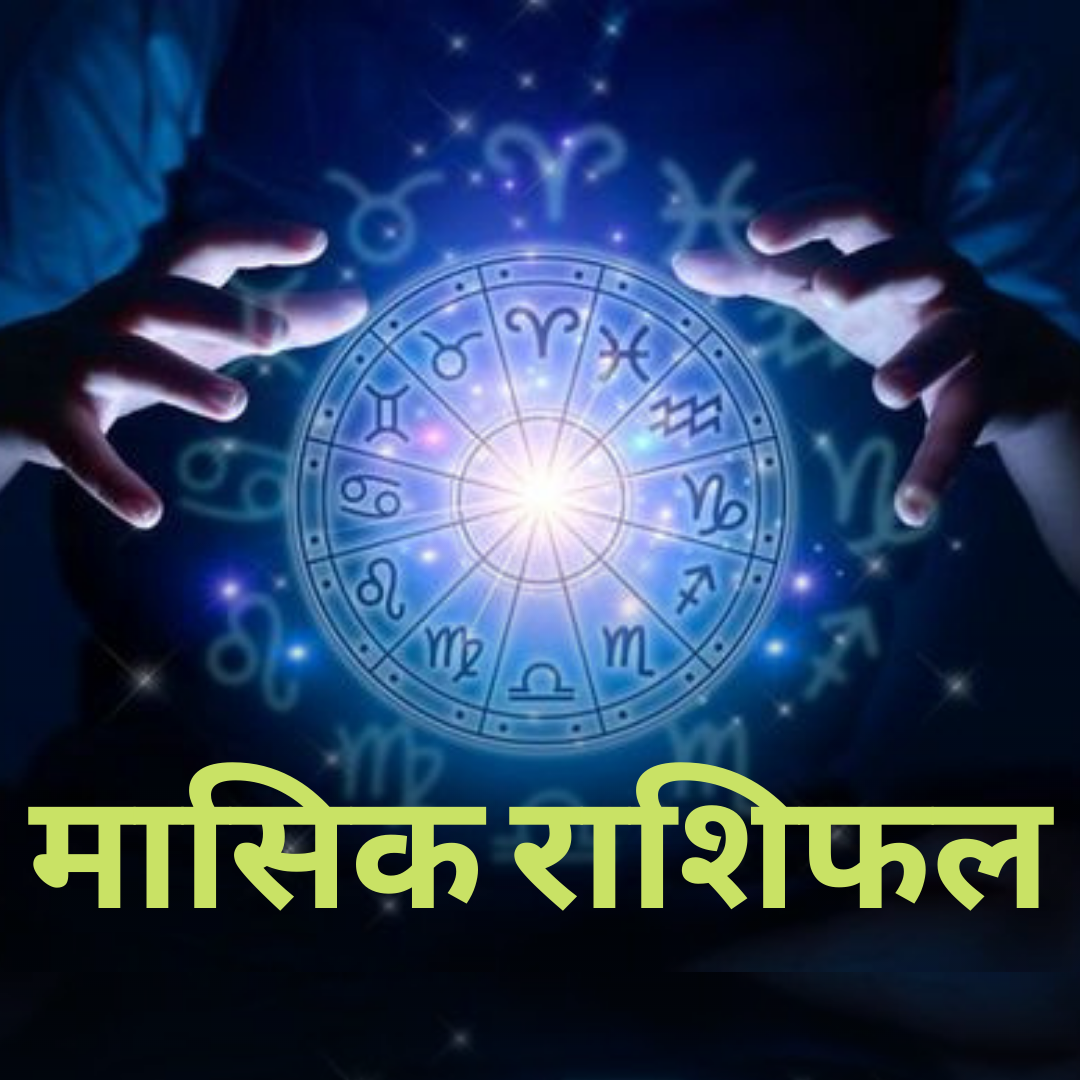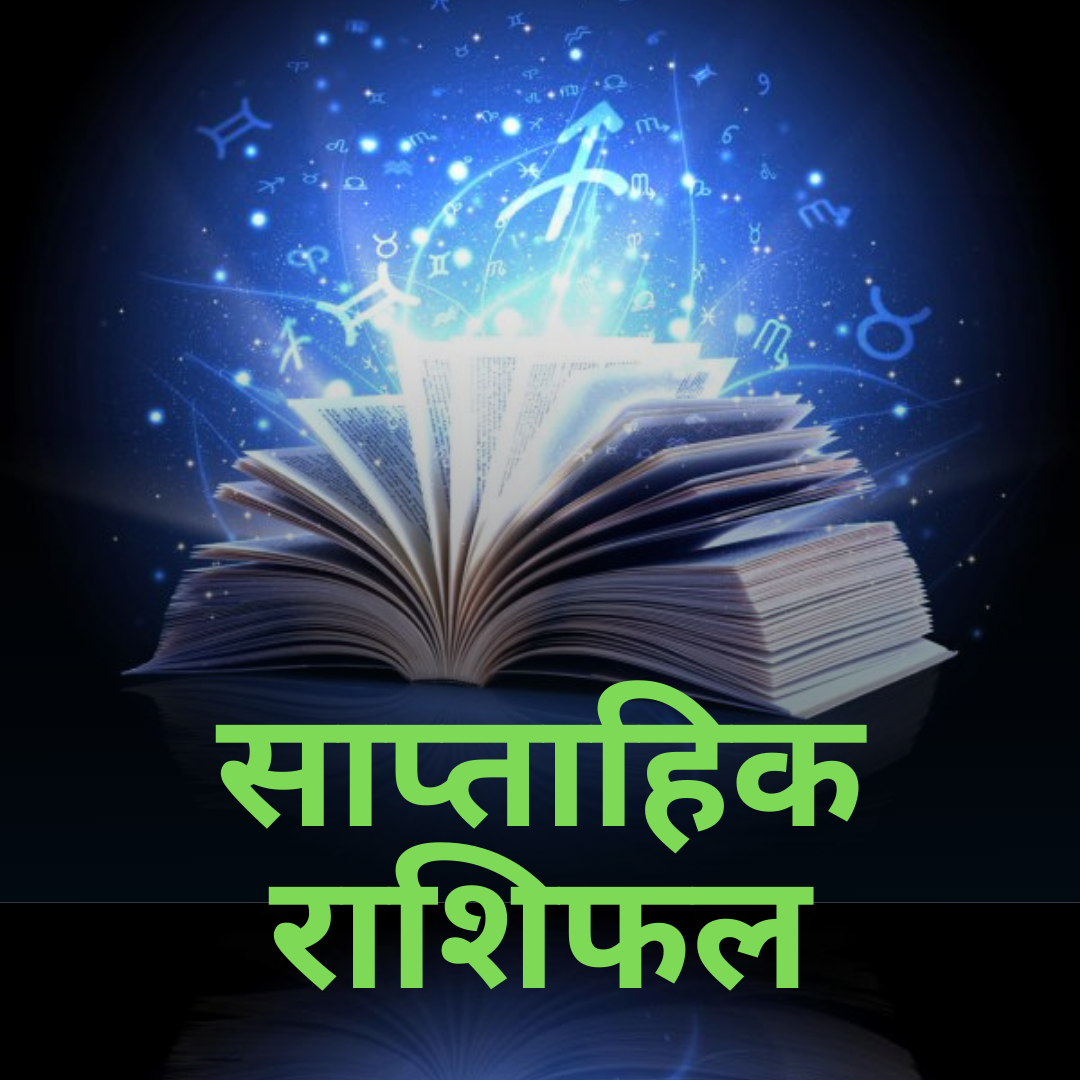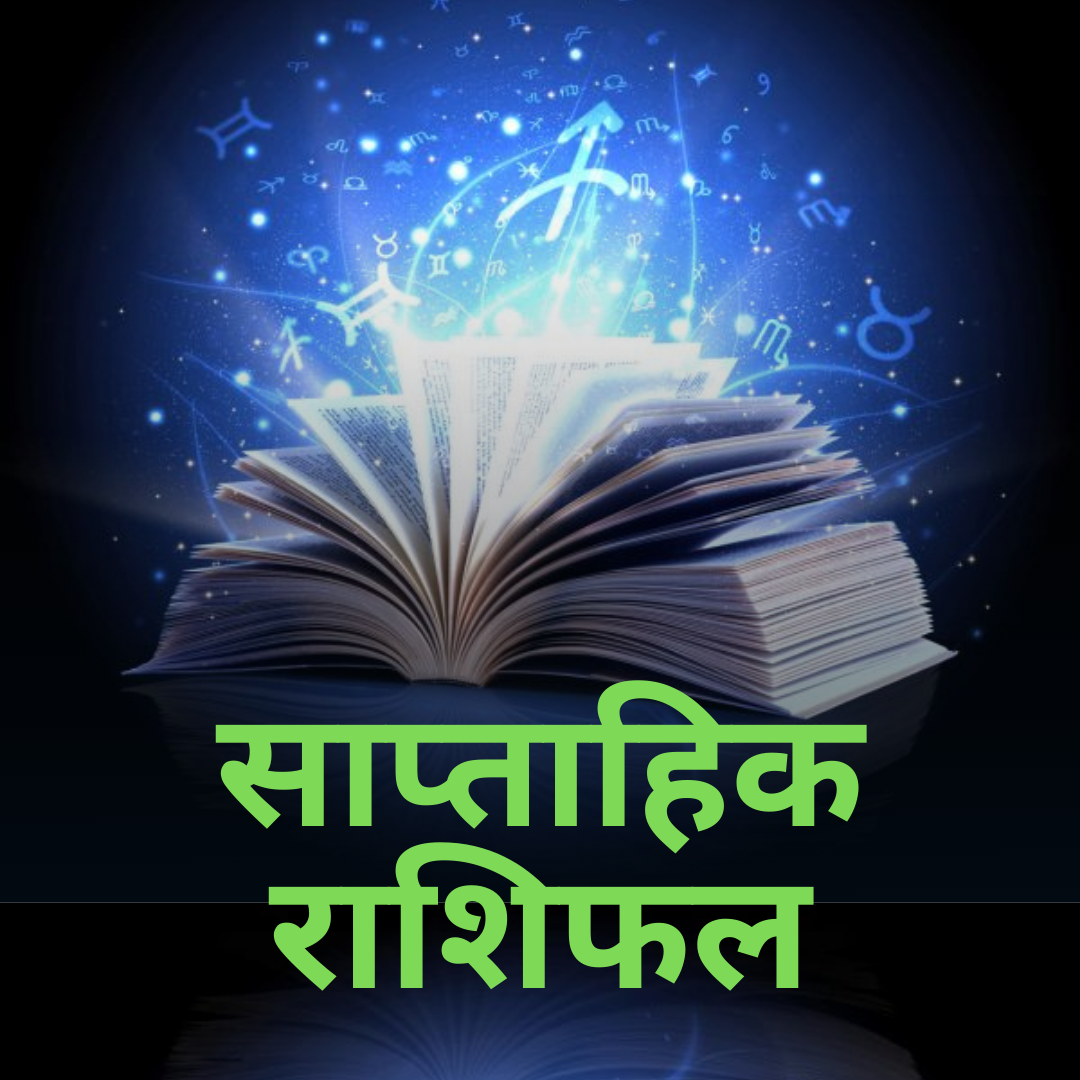
Voodoo Vs Hoodoo: Unraveling The Mystical Divide
If you're interested in magic, witchcraft, or faith healing, you're probably familiar with the practices of voodoo and hoodoo. Voodoo and hoodoo have similar names and their practices look similar, but are these two belief systems completely different from each other? The most critical difference among them is that voodoo is a real faith, even as hoodoo isn't.
Voodoo has its rituals, leaders, teachers, representatives, and services, as well as two distinct branches: Vodou of New Orleans and Louisiana and Vodou of Haiti. Hoodoo, on the other hand, is not a religion. It has no organizational structure, and it is practiced by individuals, sometimes called root doctors or root healers, who claim to have certain magical powers.
Conflating these traditions can lead to ignorance and stereotyping. It can be derogatory to practitioners and their cultures. Accurate representation promotes respect and understanding of diverse cultural practices and beliefs. Popular subculture tends to paint voodoo and hoodoo as mere superstitions.
What Is Hoodoo Vs Voodoo
Voodoo (also spelled Vodou or Vodun) originates from the traditional African religions of the Fon and Ewe peoples in what is now Benin and Ghana. Hoodoo, on the other hand, has its origins in the United States, primarily among African American communities in the Southern US. Its roots stem from a combination of West African folk traditions, Native American practices, and European folklore and magical practices. It isn't a religion, but a set of magical practices.
Voodoo And Hoodoo History
Voodoo’s belief system is centered around a separate God who lives far away and does not interfere in a person’s life unless called upon. These religious forces may be useful or manipulative. They do this using crystals, powdered charms and spells, elixirs, dolls, and whatever else is at hand. The ego only stands to distract us from pure happiness. When we let our ego take over, we forget what we care about. We get stuck within the ‘greater’ of what we want and lose our cognizance. It’s always best to keep an eye on the ego, so that it doesn’t muddy the waters of our purity.
Voodoo Beliefs
Voodoo followers believe in an omnipotent and unknowable supreme creator named Bonde. His name comes from the French word Bon Dieu, which means "desirable god." Generally, Haitian Voodoo services could be carried out in Creole, which is the Haitian French dialect. According to Voodoo belief, Bonde does not directly interfere in the lives of humans. As a result, Voodoo priests and priestesses call upon Loa, who are spirits working for Bonde. Different Loa are responsible for different aspects of human life.
The three most important families of spirits in Voodoo are the Rada, Petro, and Gede. Rada spirits are benevolent; Petro spirits are angry, violent, or evil; and Gede spirits are those who deal with death and the dead. They do not eat the brains of living people or violently attack them like in the movies. In Voodoo, the zombie is a victim, not a demon. He is a walking dead man who must obey the person who raised him from the dead.
Many believe that the idea of the zombie came from Haitian Voodoo culture as a means of expressing the mortality of being a slave. In other words, the idea of the zombie and Voodoo itself emerged as a spiritual force among slaves to assist them in overcoming their struggles.
Hoodoo Beliefs
Hoodoo is a hybrid African form of folk magic that often emphasizes the practical use of magic for purposes such as healing, protection, and divination. It is not a formal religion, but Hoodoo incorporates beliefs from various religions into its traditions. For example, practitioners regularly call upon Roman Catholic saints, Biblical characters including Moses, or even Native American spirits to useful resources in casting their spells.
Some Hoodoo practitioners consider themselves Catholics who trust in each Catholic saints and African deities. In the United States, Hoodoo sessions are conducted in English, and Hoodoo practitioners refer to their magic as "magick". Practitioners will use materials such as roots, herbs, crystals, and animal parts for ritual purposes. In some cases, they will also use bodily fluids (such as tears, saliva, urine, etc.) of the person for whom the session is being conducted.
They ask saints or others to guide the use of the roots and other talismans that are part of the ceremony. Since Hoodoo is not a religion, there are no written documents to study it or a formal process to become a member.
Conclusion
While the terms "voodoo" and "hoodoo" are sometimes used interchangeably due to misunderstanding or misinformation, they refer to different traditions with different origins and practices. Voodoo was the original religion, Hoodoo became a sect in the same way that Methodism, Unitarianism, Baptist, etc. became sects of Protestant Christianity. If you want to know about Voodoo vs Hoodoo, then talk to astrologers.


